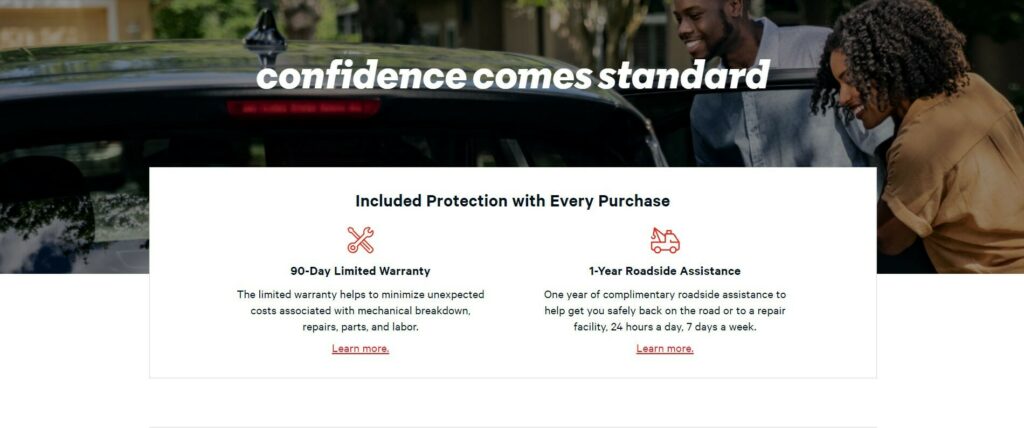- Vroom is paying $1 million to settle a case brought against them by the FTC.
- The government alleged the company didn’t inspect vehicles as promised and left some consumers waiting months for their car.
- The government also alleged a host of other violations including running afoul of the Used Car Rule and Pre-Sale Availability Rule.
Used car dealers don’t have the best reputation and that extends to the online variety as well. While issues with Carvana are widely known, this time it’s Vroom in the hot seat.
The Federal Trade Commission (FTC) took them to task for a series of alleged offenses including deceiving customers, failing to deliver on time, and failing to provide required disclosures. In particular, the government said the dealer falsely claimed it “thoroughly examined all vehicles before listing them for sale” and didn’t obtain consumer consent for shipment delays or “provide prompt refunds when cars weren’t delivered in the time Vroom promised.”
More: Vroom Goes Bust As Online Used Car Giant Stops Sales And Lays Off 90% Of Staff
The complaint alleged Vroom “failed to follow the Used Car Rule, the Pre-Sale Availability Rule, and the Mail, Internet, and Telephone Order Rule (MITOR).”
While Vroom claimed every vehicle they sold was subjected to a 184 point inspection, the FTC pointed to “numerous written complaints” about the condition of purchased vehicles. In one incident, a customer bought a car with a “significant grinding noise,” which was later determined to be caused by “extremely rusted, scored, and warped” brake rotors. The government went on to list other problems with worn or damaged tires and a non-functional tailgate.

Besides crappy cars, Vroom allegedly overpromised and under-delivered. The FTC says the company claimed vehicles would be delivered in 14 days or less, but couldn’t always make that happen. When there was a delay, “Vroom regularly failed to give consumers the chance to either consent to a longer delivery timeline or cancel their purchase and receive a prompt refund, as required by MITOR.”
While a short delay is an inconvenience, the FTC says complaints indicated that some consumers were left waiting three months or longer for their vehicle.
The government also alleged Vroom failed to provide the mandated Buyers Guide until late in the purchase process and said the provided Guides were often missing required information. The complaint went on to claim “Vroom violated the Pre-Sale Availability Rule because it did not post the terms of its warranty on its website in close proximity to the warranted used vehicle. Nor did Vroom inform customers how they could obtain the warranty’s terms prior to the receipt of the sale documents.”

While that’s the case in a nutshell, Vroom has agreed to a proposed settlement that will see the company pay $1 million to consumers that were harmed by their conduct. The settlement also prohibits the company from making “misleading claims to consumers about inspections or shipping, and requires Vroom to document all claims about promises it makes about shipping times to consumers, as well as requiring Vroom to follow the requirements of MITOR, the Used Car Rule, and Pre-Sale Availability Rule.”
While $1 million sounds like a slap on the wrist, the FTC’s Director of the Bureau of Consumer Protection said “Vroom promised the fast deliveries of thoroughly inspected cars, but sped right past compliance. Online car dealers and other internet sellers must provide required disclosures just like any brick-and-mortar businesses that comply with the law.”




